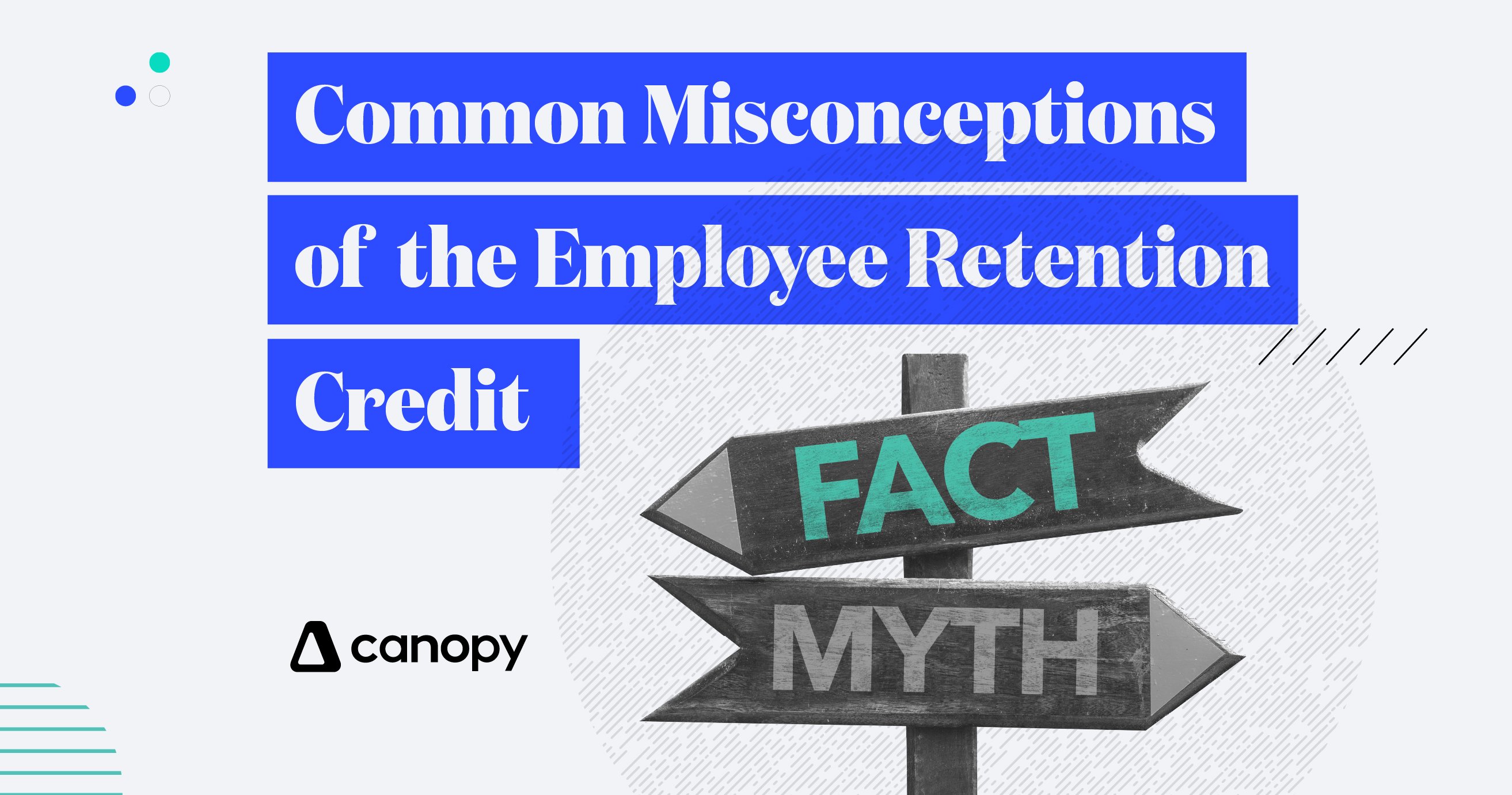As a tax accountant, you have the responsibility of guiding your clients through the confusing and complex process of filing their taxes. The tax code for individuals as well as businesses is viewed by most people as incomprehensible but vitally important. After all, this is why they hired you to help them out. As you demystify the world of taxes for your clients, you have the chance to debunk some of the most common misconceptions around tax refunds. Helping your clients file a proper tax return and educating them about what to expect will definitely showcase the added of value and financial experience you are providing them.
The IRS has recently published a list of the top five misconceptions surrounding tax refunds in hopes of educating the public about the truth.
Misconception #1: Getting a refund means the taxpayer doesn’t need to adjust withholding for next year.
The IRS recommends that everyone evaluate their tax withholding status each year to ensure that there will be no surprises when it is time to file. Circumstances change from year to year and it is very easy for people to slide into situations that affect their taxes. As a tax professional, you can help your clients look ahead to the future and make wise decisions regarding income taxes.
Misconception #2: Calling the IRS about the status of a tax refund is more accurate than an online status update.
You can let your clients know that there is no real advantage in calling the IRS for an update on a tax refund status. While they may get the information they seek, it may not be up to date or it may take a while to connect with a live person. A faster and more accurate way to find out the status of a tax refund is to go to the IRS website instead.
Misconception #3: Get a refund sooner by ordering a tax transcript.
For years, a myth has circulated that claims taxpayers who order a tax transcript from the IRS will get some insight into their tax refund date. The truth is that the IRS is generally getting people their tax refunds in approximately 21 days, so the majority of the population doesn’t need to wait long. With the "Where’s My Refund?" portal, taxpayers can find out exactly when their returns are coming.
Misconception #4: The IRS online status page designed to track refunds is not accurate because it doesn’t list a deposit date.
According to the IRS, the “Where’s My Refund?” webpage is the best way for taxpayers to track the status of their refund. As the site is updated once per day, taxpayers can check frequently to see where their tax refund is in the process. While the IRS tries to process tax returns within three weeks, there are many instances where it takes longer. However, if taxpayers check the website often, they will know when their refund is finished and on the way.
Misconception #5: A tax refund should always match the number submitted on the tax return.
Just because a taxpayer submits a tax return for a specific amount doesn’t mean they will automatically get that amount. The IRS reviews every tax return and will make corrections in the event of an error or withhold some of the refund and send it to another organization that may have requested delinquent funds, such as a federal student loan program. Even if a tax accountant prepares a completely correct tax return for their client, they may not know if the client has prior federal debts that may affect the amount. If the IRS makes any changes to the tax return, they will explain the withholdings in an official letter.
These are just a few of the myths and misunderstandings that the IRS has highlighted recently that they want people to know about. As a tax accountant, you can help your clients gain a deeper understanding of their own tax situation and navigate the complexities within. Separating fact from fiction when it comes to tax refunds is an excellent way to show your clients again and again that your tax firm’s skills and experiences are indeed valuable to them.
Interested in adding even more value to your clients? Check out The Secret to Adding More Value to Your Clients This Tax Season.








Get Our Latest Updates and News by Subscribing.
Join our email list for offers, and industry leading articles and content.